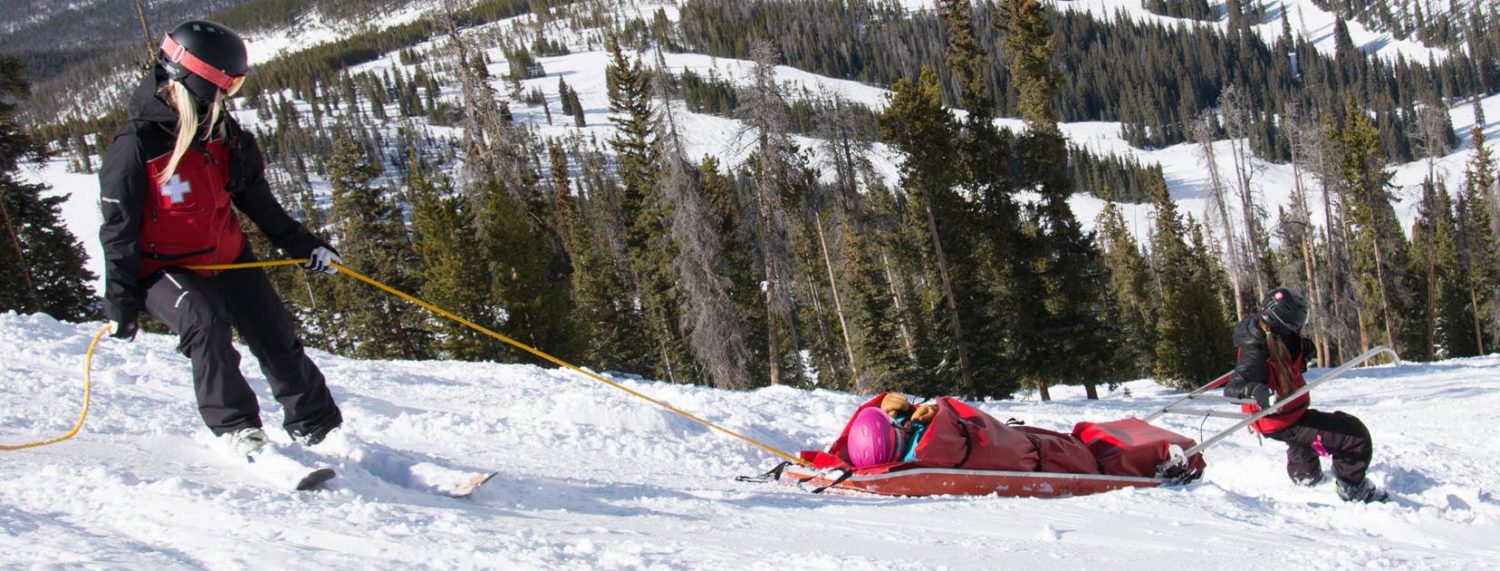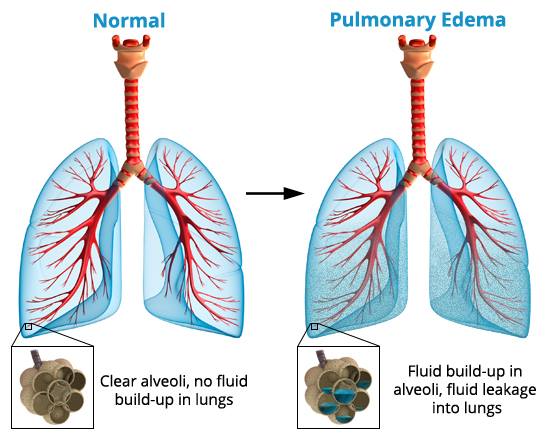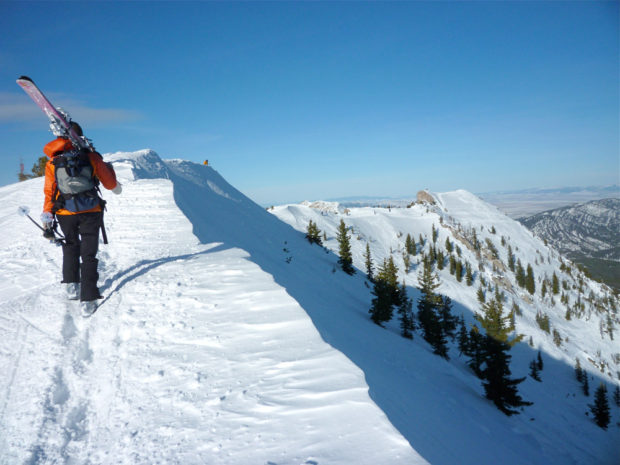
Work at the office is finished, skis are waxed and ready and your Jet Blue direct flight to the mountains is on time. In less than 24 hours you’ll be shredding and slashing your way down the greatest runs of your life without a worry in the world. Until your lungs fill with water of course.
Say what?
With the increased speed of modern travel and the easy access to high elevation skiing and snowboarding comes a new safety issue to the mountain industry: High-altitude pulmonary edema, also known as HAPE. To keep it simple HAPE is a life-threatening condition where fluids accumulate in your lungs and if left untreated is deadly. Previously found mostly in healthy mountaineers at altitudes above 8,200 feet a new study now shows an increased risk of HAPE at otherwise moderate altitudes below 8,000 feet commonly found at most major ski resorts.
“The patients [of HAPE] are often skiers or hikers who have easy access to moderate altitude and start physical activity without prior training,” says André Cabry, MD of the emergency department at Hospital de Monteirs in France. It’s this combination of heavy physical exertion at high altitudes without the time to adjust that causes high blood pressure and fluid buildup in the lungs.

Research from 150 medical records collected in a Rocky Mountain ski community shows an average onset of HAPE being about 2 to 3 days from arrival and an abnormally high 80% being male. Most patient’s symptoms included shortness of breath, coughing, weakness in exercise and a rapid heart rate. To treat patients of HAPE the number one thing to remember is to lower your altitude as quickly as possible, at least 3000 feet, and administer nasal oxygen if possible. These steps will help improve symptoms quickly but sometimes more serious symptoms will need more time and medical attention.
If this sounds like a not so great start to your winter vacation there are steps you can take to make sure you have a safe a memorable time. Firstly leave your ego at home for the first couple of days in a new area. Giving your body the time it needs to adjust to its new altitude is important and will help keep you strong and healthy for the remainder of your trip. When you do find that easy to access boot pack to fresh runs, don’t sprint, take your time and enjoy the scenery.

You can always go back for more runs but not if your lungs are filled with water.